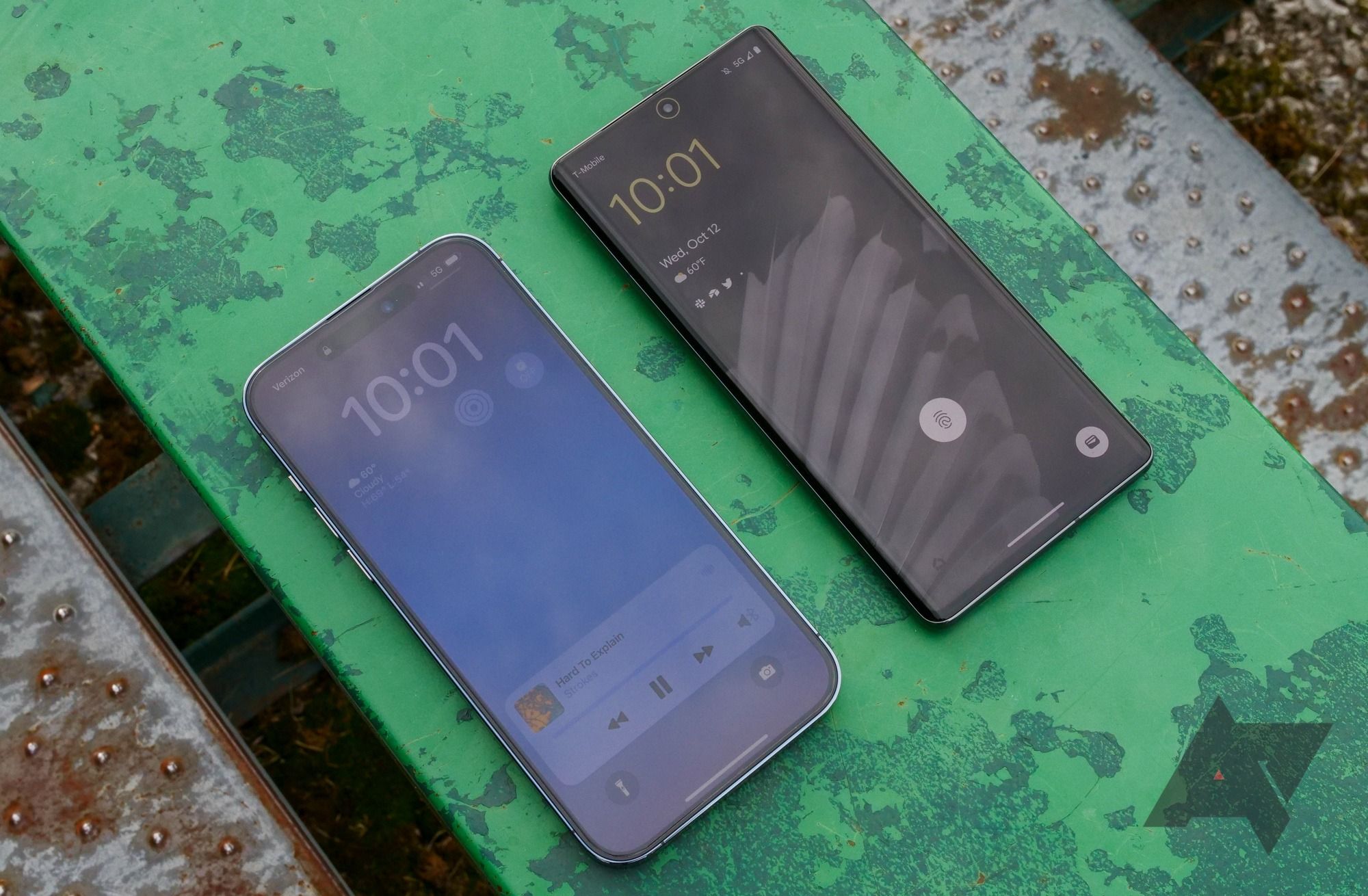If you’ve sent a text message in the US in the last decade, you’re probably aware of the hold iMessage has on this country. While much of the world adopted third-party services like WhatsApp, Apple was able to combine the popularity of the iPhone with a reliance on carrier-backed SMS to create an ever-growing, ever-popular alternative. Google floundered for nearly as long, failing over and over to create a compelling competitor in Hangouts or Allo. In the end, the company behind Android has been reduced to groveling, begging Apple in a series of one-sided PR campaigns to please, please solve this crisis.
In Europe, the situation couldn’t be more different. Even now, as Apple reportedly prepares to comply with the EU’s strict rules regarding mobile app stores prior to 2024, messaging remains a separate issue. This week, Bloomberg reported that the company has yet to make a decision on whether or not to open its messaging platform, but that RCS remains off the table. Despite the fact that RCS would promote improved security and privacy between iOS and Android devices — the very same scapegoat often used to promote closed ecosystems and monopolies — Apple refuses to consider modernizing its messaging platform.
None of this is surprising, as the company looks to retain the status quo in any way possible. But it feels like Apple may be missing the forest for the trees. An RCS adoption might just not be inevitable; it might be the only way for iMessage to fight back against third-party messaging services in Europe.
Don’t get me wrong. I’m all too aware that global adoption of RCS would, inevitably, result in some iOS users switching back to Android. In the US, where iPhone adoption continues to skyrocket amidst iMessage lock-in and the loss of competitors like LG and HTC, Apple has nothing to gain and everything to lose. But in Europe, where Apple’s market share is far lower and iMessage lock-in is, essentially, non-existent, could it be the one way the company could worm its way into combating third-party messaging services?
This, of course, is Apple we’re talking about, so it’d have to be done in the most annoying way possible. But let’s imagine a world where, at WWDC next summer, iOS 17 features a little RCS tag on those feature walls often shown at the end of an announcement. What does this look like?
Let’s pretend you’re in charge of planning this move at Apple — and to be clear, tongue firmly in cheek here. First, you need to make this exclusive to Europe. Much like SIM card slots (and potentially like USB-C ports and App Store alternatives), iPhones sold throughout Europe will support RCS, but only to appease legislators. As far as you’re concerned, the letters “R” “C” and “S” don’t exist the second you cross the Atlantic Ocean. iMessage lock-in is the biggest asset Apple holds in the US — it’s how the company managed to crawl beyond 50 percent market share this year. Don’t lose it.
Source: Google
With RCS active in Europe, the next step is to win over WhatsApp devotees. Current iPhone users will only make the jump to iMessage if their friends are willing to jump ship to, say, Google Messages on Android. That’s a tough sell; no one wants to exchange phone numbers after a decade of relying on usernames and friend requests. Perhaps a marketing push, showcasing how reliable and feature-packed iMessage can be. Or maybe it’s a focus on privacy — after all, it’s hard to see how anyone is a fan of Meta these days.
It’d be an uphill battle. Apple would effectively have to convince millions of users to drop the messaging platform they’ve used for years. The company initially lost in Europe because consumers rejected their ecosystem. iPhone users make it a point to download WhatsApp, or Telegram, or Signal the second their new device is out of the box, forgoing any potential benefits iMessage could bring.
The only way to bring those users back would be to work freely across platforms, all with a PR campaign targeting Apple’s competitors. Make it clear that Apple just wants to be the bastion of secure modern messaging — at least in Europe — and to do so, it needs you, the end user, to persuade your friends and family to help.
Hell, that sounds a lot like Google’s strategy in the US these days. Go figure.
To let the air out of the balloon, I don’t think Apple adopting RCS in Europe would have much of an impact on how people use iMessage. It’s really in the US where users stand to gain the most from interoperable messaging platforms between Android and iOS. It’s for that reason that I don’t expect we’ll see the company open up its chat service any time soon — and if we do, you can bet it’ll be geo-locked to Europe and at the hands of the same politicians leading the charge against the App Store.






